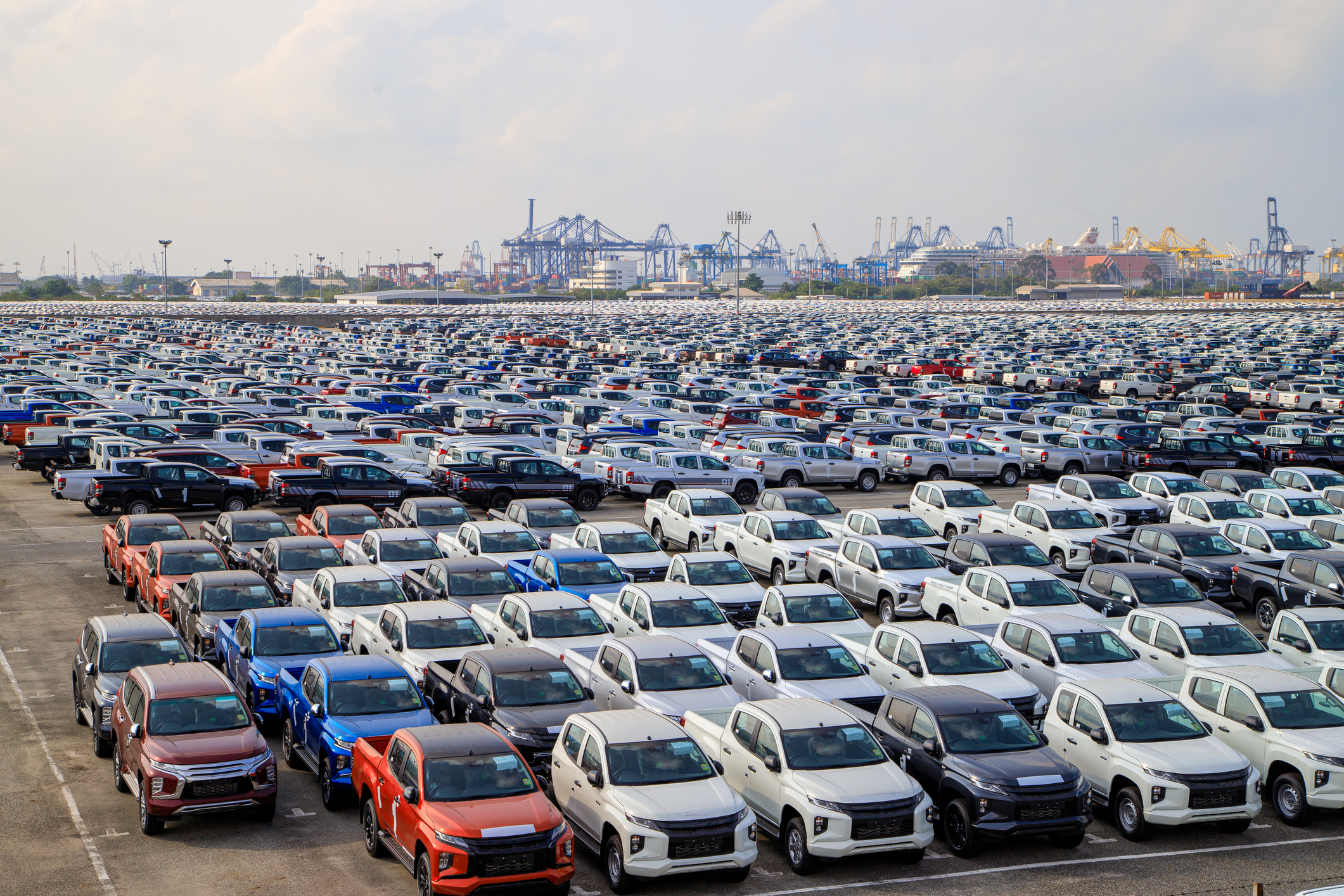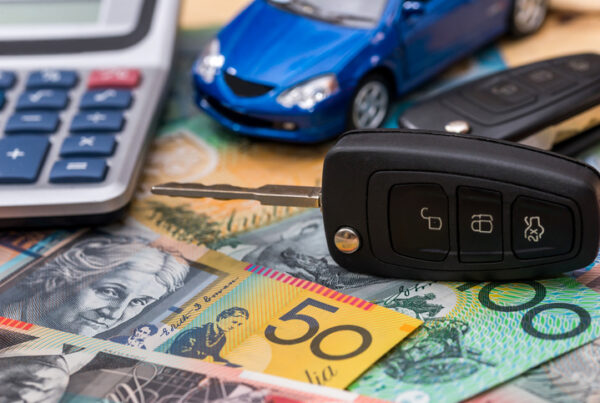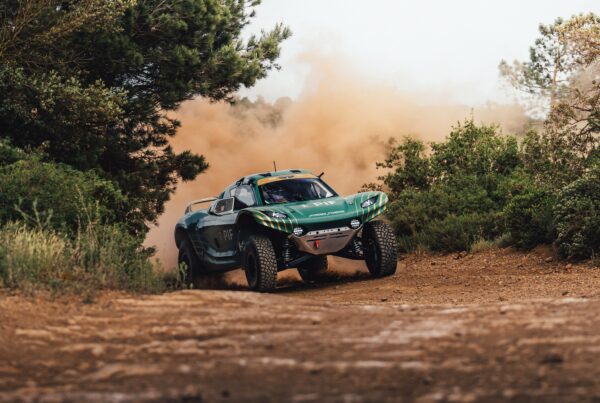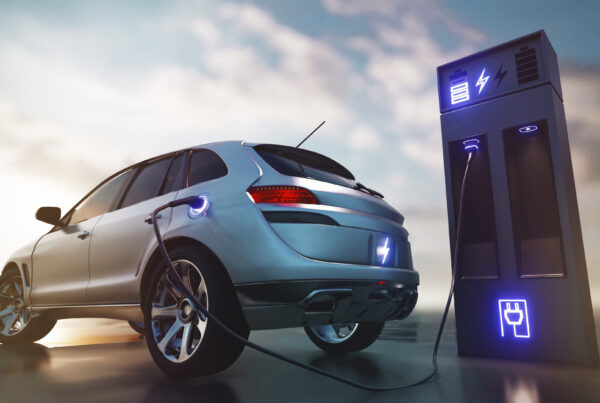Australia’s new car market reached an all-time high in July, with 99,486 vehicles sold, according to the latest figures from the Federal Chamber of Automotive Industries (FCAI). This represents a 2.7 per cent increase from the same period last year, which previously held the record for the strongest July sales.
FCAI Chief Executive Tony Weber noted that sales would have exceeded 100,000 if figures from Tesla and Polestar had been included.
“This is a remarkable achievement in an economy facing widespread cost of living pressures,” Weber said.
He also highlighted an interesting trend: business and government sales rose by 13.7 per cent and 37.5 per cent, respectively, while private vehicle sales fell by 4.2 per cent.
Green Vehicles on the Rise
The July 2024 VFacts report revealed a surge in the sales of hybrid and plug-in hybrid vehicles. Hybrid sales increased by 88.4 per cent, and plug-in hybrids soared by 128.9 per cent compared to July 2023.
Battery electric vehicles (BEVs) saw a slight dip in market share, from 7.0 per cent in 2023 to 6.6 per cent. However, Tesla and Polestar reported significant numbers, with 2,592 and 103 sales, respectively. The Toyota RAV4, predominantly a hybrid, was the top-selling vehicle for the month, with 5,933 units sold, surpassing the Ford Ranger (4,915) and the Toyota HiLux (4,747).
Top Brands and Sales Across States
Toyota led the market with 22,705 sales in July, followed by Mazda (8,476), Ford (7,749), Kia (6,620), and Hyundai (6,021). Four of the top five best-selling vehicles were Toyota models, underscoring the brand’s strong presence in Australia.
Regionally, New South Wales saw a 2.9 per cent increase in sales to 30,361 vehicles, and Queensland sales grew by 6.2 per cent to 20,937 vehicles. Western Australia experienced the highest growth, with an 8.9 per cent increase to 10,671 vehicle sales. However, Victoria and Tasmania saw declines, with sales dropping by 1.6 per cent and 12.0 per cent, respectively.
The Passenger Vehicle Market saw a slight increase of 0.8 per cent compared to July 2023. The Sports Utility Market experienced a small decline of 0.7 per cent, while both the Light Commercial and Heavy Commercial Vehicle Markets grew by 12.8 per cent.
Industry Caution
Despite the strong performance of the new car market, Mr Weber expressed concerns about factors that could influence market dynamics and consumer purchasing behaviour in the coming months.
“While the first seven months of 2024 have exceeded expectations, the industry remains cautious about the future pending the implementation of the New Vehicle Efficiency Standard coupled with the economic conditions,” Mr Weber said.



















